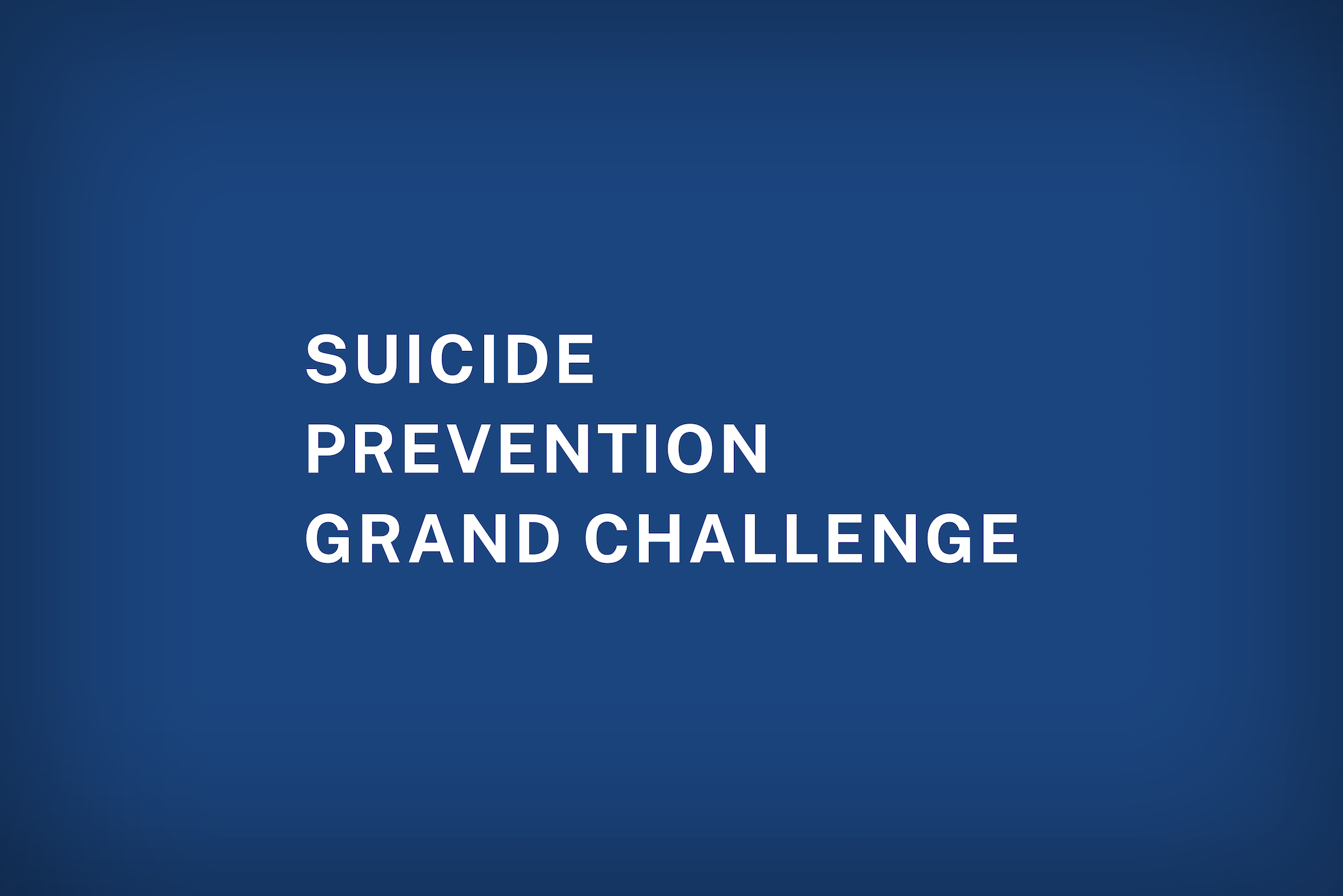New initiative seeks bold innovations to save lives and reduce Veteran suicide by at least 10%.
Suicide remains a national public health concern: 45,861 American adults died from suicide in 2019, including 6,261 U.S. Veterans. While suicide can affect all Americans, it has a disproportionate impact on the Veteran community. The VA Suicide Prevention Grand Challenge is part of VA’s 10-year strategy to end Veteran suicide through a comprehensive, public health approach.
According to VA’s 2021 National Suicide Prevention Annual Report:
- Although the Veteran suicide rate significantly and meaningfully decreased in 2019, the suicide rate among Veterans in 2019 was 52.3% higher than for non-Veteran U.S. adults. This is a decrease from its previous high of greater than 60%, but much more work remains.
- Firearms were involved in 69.2% of Veteran suicides in 2019, compared with 47.9% of non-Veteran adult suicides.
Hope serves as an anchor for those in crisis and those who want to help, and an ambitious new initiative offers a chance to translate hope into action. We are honored to share that we are partnering with Capital Consulting Corporation to design and produce the VA Suicide Prevention Grand Challenge (SPGC) on behalf of the Veterans Health Administration. VA is seeking bold innovations to save lives and reduce Veteran suicide by at least 10%, and the SPGC will serve as a pipeline to rapidly source suicide prevention innovations.
The SPGC will offer at least $15 million in prize funds and may explore several potential areas: developing suicide risk prevention analytics that are scalable, interoperable, ethical, and clinically valid; using new processes or technology solutions such as AI and machine learning to improve access to Veterans Crisis Line services; and preventing firearm suicide through lethal means safety. With an eye toward health equity, the SPGC will also seek innovations that account for specific subpopulations such as women Veterans, new Veterans (those who are planning to transition or have transitioned in the last 1-3 years), Veterans ages 55 and over, Veterans ages 18-34, and LGBTQ+ Veterans, as well as American Indian, Alaska Native, Black, African American, Asian American, and Latin or Hispanic Veterans.
We look forward to sharing more in early 2022. Until then, learn more about how digital health technology and data analytics can improve the access, effectiveness, efficiency, and equity of healthcare delivered to Veterans: The Veterans Health Administration Innovation Ecosystem and Digital Medicine Society will host a virtual symposium on October 25. The agenda includes speakers from FDA, Apple, Microsoft, Google health, Amazon, HHS, CMS, NIH, BARDA, UHG, Humana, and more.
If you or someone you know have thoughts of suicide, contact the Veterans Crisis Line to receive free, confidential support and crisis intervention available 24 hours a day, seven days a week, 365 days a year. Call 1-800-273-8255 and Press 1, text 838255, or chat online at VeteransCrisisLine.net/Chat.
The National Suicide Prevention Lifeline is a hotline for individuals in crisis or for those looking to help someone else. To speak with a certified listener, call 1-800-273-8255.
Reporters covering this issue can download VA’s Safe Messaging Best Practices fact sheet or visit ReportingOnSuicide.org for important guidance on how to communicate about suicide.

